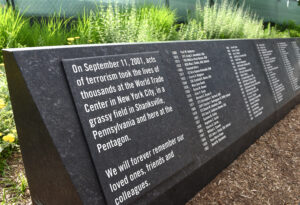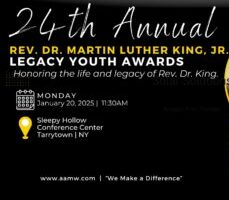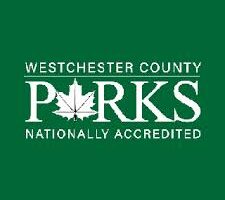
The 9/11 terrorist attacks, better known as Patriot Day, left a deep mark on the United States. Thousands have died in the crashes, while thousands more were injured or continue to suffer from severe health problems.
The government has created the Victim Compensation Fund and the World Trade Center Health Program (WTCHP) to assist the affected population. These programs continue to help all the victims, with VCF providing economic and other forms of compensation and the WTCHP managing health issues.
If you or anyone you know were in the vicinity of the 9/11 attacks, you might be eligible for compensation. Here are some of the ways to consider before filing your claims application.
1. Check Whether Filing A Lawsuit Will Forfeit Your 9/11 Claims
Since the incident, there have been several changes to the original program. For instance, assistance was initially meant for the first responders. Then, it was extended and amended, at least, three times to accommodate more victims.
Apart from those who fell ill or died, surviving families included in the 2017 class lawsuit against the Kingdom of Saudi Arabia are also eligible to file for compensation. Under the Justice Against Sponsors of Terrorism Act, or JASTA, families can take legal action against states that contribute directly or indirectly to the commission of terroristic acts. Learn more about this act and get the facts straight from legal experts.
2. Find Out Who Are Eligible For Compensation

The two earlier mentioned programs cover victims who suffer from health problems or have died directly and indirectly due to the attacks. Eligibility is open to all people within the ‘Exposure Zone,’ expounded in the next section. First responders, residents, students, employees, volunteers, teachers, and workers tasked to transport and dispose of the debris, and other building remains from New York to another destination, are included in the claims.
Both compensation programs will accommodate all people breathing the same health-damaging air as the responders from September 11, 2001, until May 30, 2002. If you can prove that you were present at ground zero on the said dates, you may get free healthcare benefits apart from receiving compensation.
3. Determine The Exposure Zones
As mentioned, victims who qualify for compensation were present at specific sites. These locations include the New York City ‘Exposure Zone’ and the ‘Crash Site Areas.’
The NYC Exposure Zone covers areas such as the World Trade Center and Downtown Manhattan section, bordered by Canal and Clinton Streets and Hudson and East Rivers.
The 9/11 attacks, which had a great impact on the air travel industry, include ‘Crash Site Areas’ in the Pentagon and Shanksville, Pennsylvania, severely. New York City Morgue and Staten Island’s Fresh Kills Landfill are also included. The vehicles and trucks carrying debris and remains of the 9/11 incident were removed and emergency trucks cleaned.
4. Contact the WTC Health Program And 9/11 VCF
To get further information about claims eligibility and other essential information, visit the legitimate websites of the 9/11Victims Compensation Fund (VCF) and the World Trade Center Health Program (WTCHP). You may also check out the Centers for Diseases Control and Prevention, which supervises the WTCHP.
The VCF website https://www.vcf.gov/ provides a wealth of information about ongoing programs and their amendments, reports about fund disbursement, frequently asked questions, access to forms, and a comprehensive guide on claims processing. You may also register and file your application or monitor the status of your claim through the said site.
The WTCHP hotline at 1-888-982-4748 is open to take your calls from Monday to Friday during office hours. General queries on registration, benefits, policies, and personal updates are accommodated. You may also choose to contact the agency through handwritten or electronic mail.
5. File A Claim
Perhaps the best way to know if you qualify for the 9/11 program is to file a claim with the help of a workers compensation lawyer or a personal injury lawyer. As federal governments are capable of processing payments, you may visit the office nearest you. Otherwise, drop by the WTCHP office to start your registration and filing process which begins with the WTCHP certifying your health condition. While all victims are requested to file as soon as possible, claims are processed until October 1, 2090.
The registration period is within two years following the WTCHP or the federal agency’s validation of the injury or loss. Surviving family members must also register within the same period following the death of their loved one, granted that the latter was a confirmed 9/11 victim. You’ll receive a compensation decision on your claim after submission of the requirements. You may also consult a personal injury law expert if your injury passes your 9/11 claim.
The Bottom Line
Persons who’ve fallen ill, lost their family members, or were in the vicinity of the 9/11 attacks have struggled with the impact even decades after the horrific incident. While financial compensation and waived medical costs aren’t enough to bring back the losses, it’s a fitting reminder that the sacrifices will never be forgotten. Thus, it’s not too late to start the process if you think you’re eligible for any claim.






